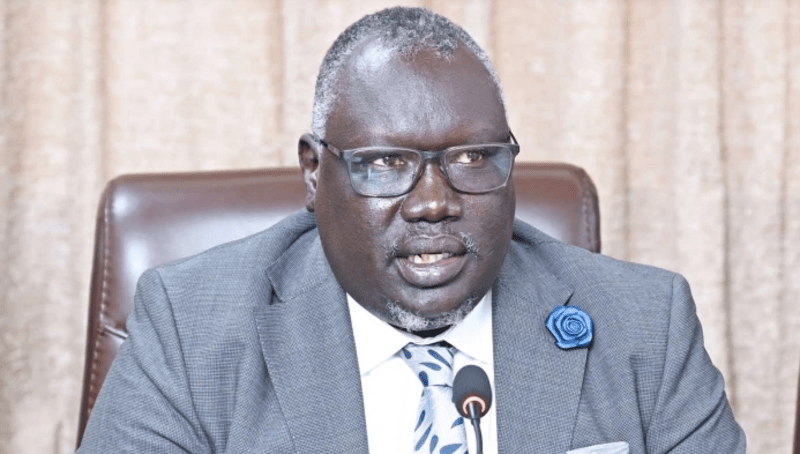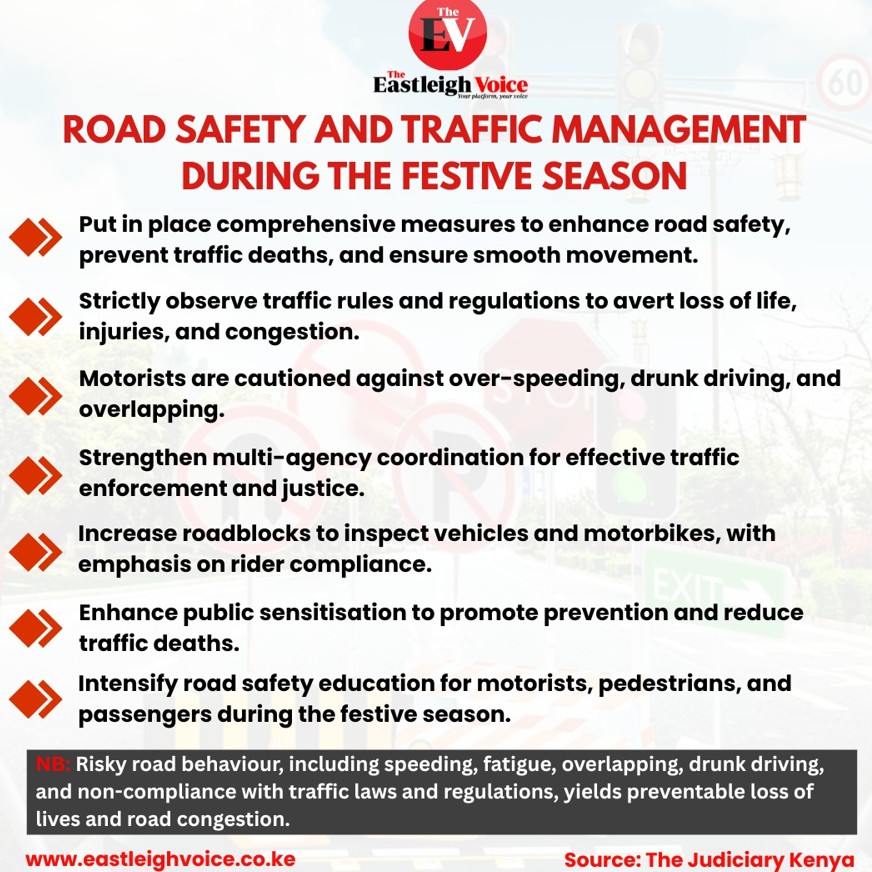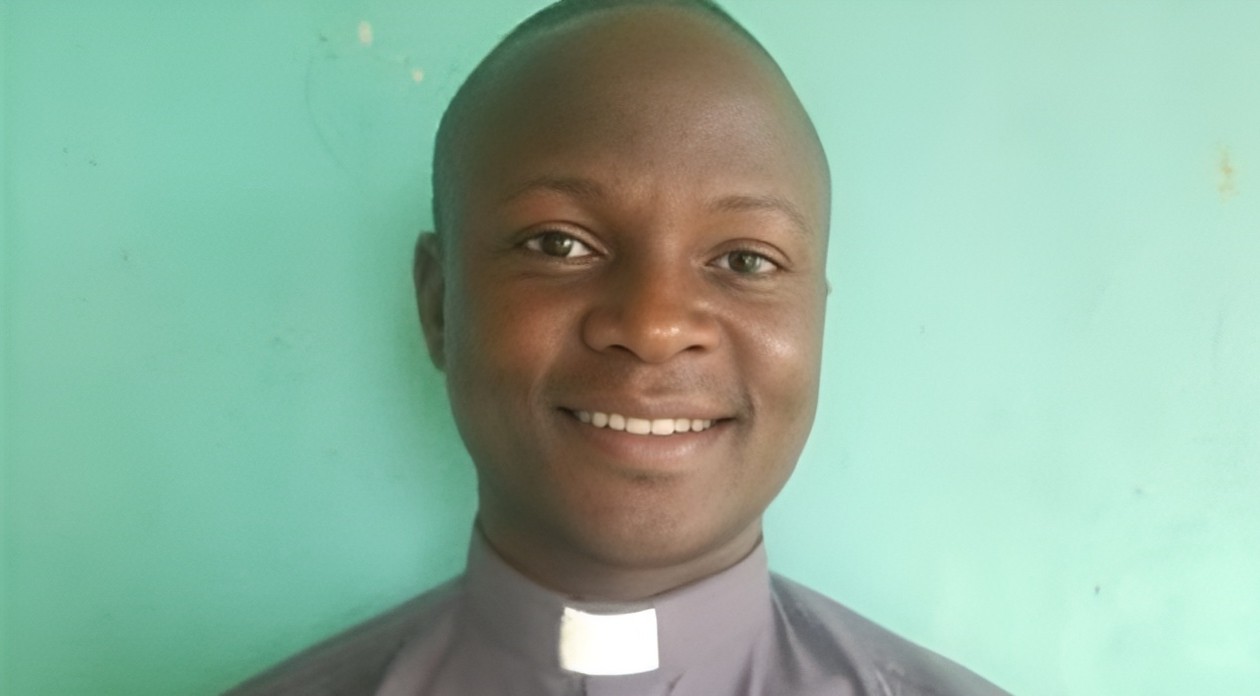South Sudan ready for polls after securing funding, says political parties chief

Zakayo outlined innovative measures to enhance the efficiency and integrity of the electoral process.
South Sudan has sufficient resources necessary to conduct elections in December 2024, the chairperson of the political parties council, James Akol Zakayo, has confirmed.
The three institutions—the National Constitutional Review Commission, the National Elections Commission, and the Political Parties’ Council—had previously grappled with financial constraints, impeding their ability to execute essential duties.
More To Read
- South Sudan grounds UNMISS aircraft over spy gear and smuggling allegations
- South Sudan health system on brink as conflict and cholera spread, MSF warns
- South Sudan deploys forces to secure Heglig oil field after Sudan RSF capture
- Gunman hijacks aid plane in South Sudan, arrested after safe landing in Wau
- Sexual violence driving mass flight from Sudan to South Sudan: What you need to know
- 1,000 weapon‑wounded patients treated in South Sudan hospitals this year - ICRC
South Sudan’s President Salva Kiir's restructuring of the electoral bodies' leadership in November last year, in line with the provisions of the 2018 revitalised peace agreement, sought to address these challenges.
Chairperson Zakayo announced this development during the validation of the code of conduct for political parties and their members, underscoring the critical role of adequate resources in ensuring the smooth conduct of elections. Zakayo emphasized the sufficiency of resources for the electoral process, despite not disclosing specific figures or funding sources.
"We all know that in December 2024 there will be elections. Electoral institutions have been provided with sufficient resources necessary for elections; among them is the Political Parties Council," stated Zakayo, affirming the commitment to facilitating a transparent and inclusive electoral process.
Zakayo outlined innovative measures to enhance the efficiency and integrity of the electoral process.
The adoption of an electronic system for member enrollment in political parties aims to minimize malpractices and discourage arbitrary defections. Through this system, parties will have access to a centralised database, enabling them to monitor membership demographics and mitigate unauthorised movements between parties.
"This time the registration is going to be more advanced, and we are using an electronic system of enrollment of members of the political parties," Zakayo said, emphasising the system's potential to bolster accountability and transparency within the political landscape.
Kiir has been postponing elections, enabling him to remain de facto president since 2005, even though he was only authorised for one 4-year term following South Sudan’s vote for independence in 2011. Since then, he has navigated extensions in 2015, 2018, 2020, and 2022.
South Sudan faces monumental hurdles as it strives to navigate towards democratic elections amidst a backdrop of entrenched conflict, humanitarian crises, and institutional frailty.
With an estimated death toll surpassing 400,000, the scars of conflict run deep, fostering an environment where armed militias roam freely, perpetuating violence. The resulting trauma and fear have rendered a staggering 42 per cent of the population refugees, highlighting the profound reluctance to return home despite the refugees' customary inclination to do so.
The recent influx of over 400,000 South Sudanese refugees forced back from Sudan has further compounded the country's humanitarian predicament, overwhelming already strained assistance efforts.
Also, South Sudan's electoral landscape is fraught with challenges as the country grapples with abysmal rankings on global indices measuring human development, freedom, and corruption perception.
The lack of political will to foster conducive electoral conditions, compounded by weak democratic institutions and pervasive insecurity, exacerbates logistical barriers.
Despite these formidable obstacles, South Sudan's civil society persists in advocating for reforms, epitomising resilience in the face of adversity. Legislative strides, such as the passage of the National Elections Act and the Political Parties Act, highlight efforts to enhance inclusivity and accountability within the political sphere.
Further, the country's endeavour to integrate opposition militias into a unified national army signals a tentative step towards stability, albeit amidst ongoing challenges.
Top Stories Today












































